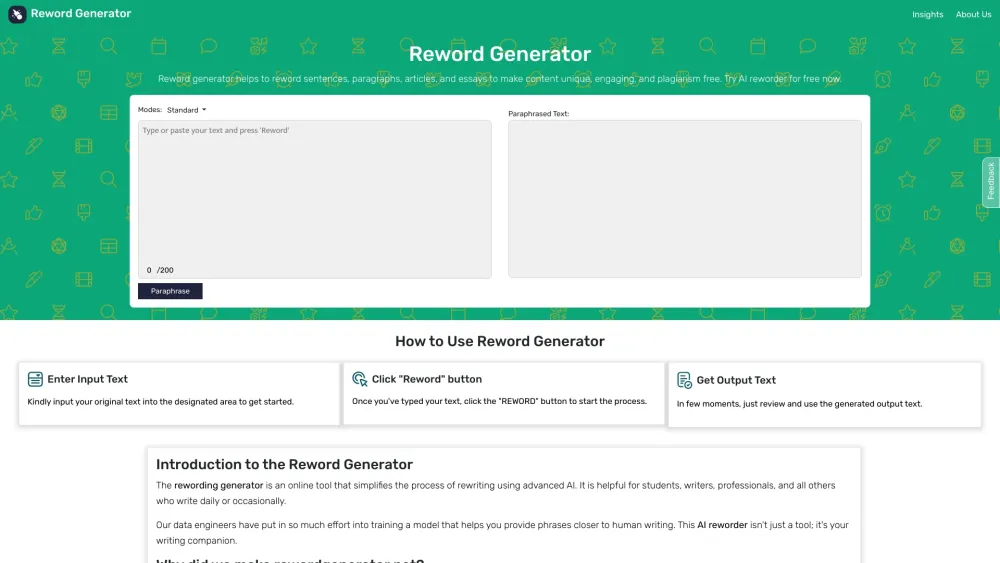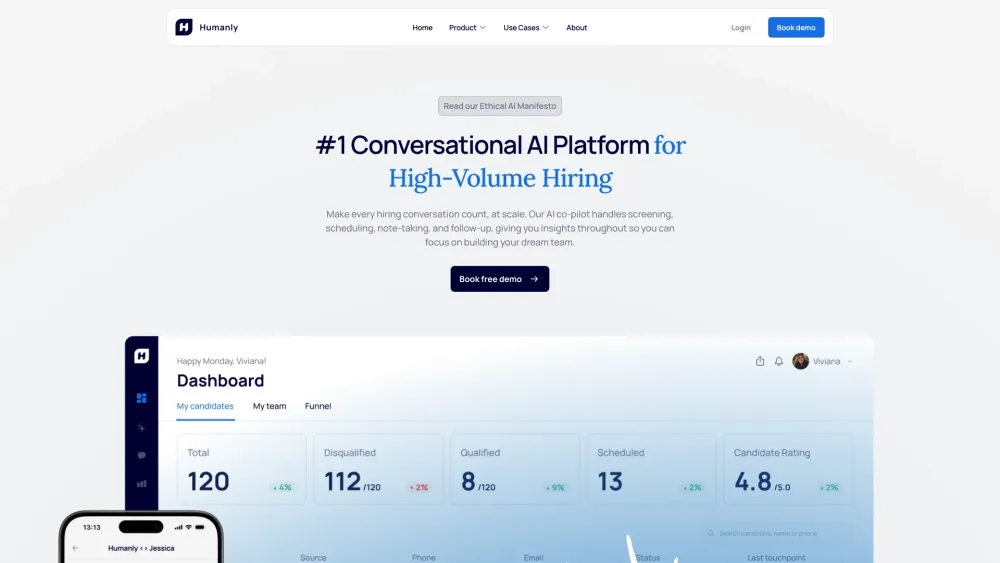The buzz surrounding "Kouzi" and "Tencent Yuqi" sharply contrasts with the retreat of Microsoft and OpenAI, who now find themselves sidelined. In just six months, the once-promising GPT initiative has faltered, leading to Microsoft’s decision to discontinue GPT Builder, while OpenAI's GPTs and GPT Store have faded into relative obscurity.
Over in China, the landscape is thriving. The "Kouzi Learning Exchange" WeChat group recently celebrated its 87th edition, adding new members every few hours to surpass 200. A flood of questions—from "How can I integrate the Kouzi bot into WeChat?" to "Why aren't plugins responding?"—illustrate a vibrant and rapid exchange of information among users.
Kouzi’s late launch forced a focus on pressing user needs, driving the platform's iterative development. Users frequently suggest enhancements like "Integrate mini-programs with public accounts" and "Deploy smart agents in enterprise WeChat groups," contributing to nearly a hundred feedback points that have led to significant feature rollouts. This context revives the demand for GPTs in China, where interconnected ecosystems and low barriers to entry enable small businesses to eagerly adopt AI agents. An entrepreneur noted the various applications of Kouzi, saying, “We’re exploring internally and prioritizing it,” which includes building intelligent customer service bots and developing enterprise knowledge bases.
In December, ByteDance launched "Coze," an AI application development platform targeted for overseas markets. By February, they launched the Chinese version, Kouzi, focusing on Tencent's WeChat environment. Kouzi allows users to distribute intelligent agents directly to WeChat customer service accounts, thus gaining a competitive edge in Tencent's territory. On May 17, Tencent, catching up, unveiled its AI agent platform, Tencent Yuqi, by which time Kouzi had already recorded 2.33 million visits—a remarkable growth of 175.7%.
However, Tencent Yuqi struggles with full integration into mini-programs and WeChat services. Users frequently urge, “Check out the features offered by Kouzi,” highlighting the competitive pressure. While GPTs have stumbled, Kouzi and Tencent Yuqi are capitalizing on the moment, demonstrating the capabilities of large models, although they still face challenges with execution. Here, agents serve as the frontline tools.
To boost agent execution, enhancements are necessary, including skill-boosting plugins, workflow deployment tools, and robust long-term memory and knowledge bases to minimize inaccuracies. This combination is vital for both Kouzi and Tencent Yuqi in developing effective agents. Previously, OpenAI mainly focused on plugin functionalities, only partially addressing agent-building needs. In contrast, Kouzi and Tencent Yuqi have successfully advanced this model, addressing essential components of agent development.
Currently, the market for agent development platforms splits into two distinct paths. One targets professionals—developers and entrepreneurs—providing flexibility with a higher skill requirement, similar to GitHub in the AI agent sector. The other approach caters to users looking for lightweight development and rapid application testing, offering lower entry barriers and pre-built tools. Kouzi, Tencent Yuqi, and even GPTs align with this user-friendly model, promoting "no-code development" as a key selling point and supported by official communities that help users navigate AI application development.
The potential disruption posed by Kouzi, Tencent Yuqi, and GPTs challenges primarily two types of companies: tool-centric firms, like LangChain, which may face streamlined processes on these platforms, and certain application firms, as skilled developers can deploy agent applications in mere hours, reducing opportunities for companies focused on single-function applications. Data indicates that as of January this year, GPTs in the OpenAI store exceeded 3 million, establishing a significant early advantage. However, both Microsoft and OpenAI have now declared the end of GPTs.
The shortcomings of Microsoft and OpenAI are clear. Microsoft misaligned its target audience; the GPT Builder, part of Microsoft Copilot Pro, did not meet widespread demand among Office suite users, creating an artificial need. OpenAI faltered in its ecosystem strategy, as developed applications remained confined to the GPTs store, hindering broader adoption.




